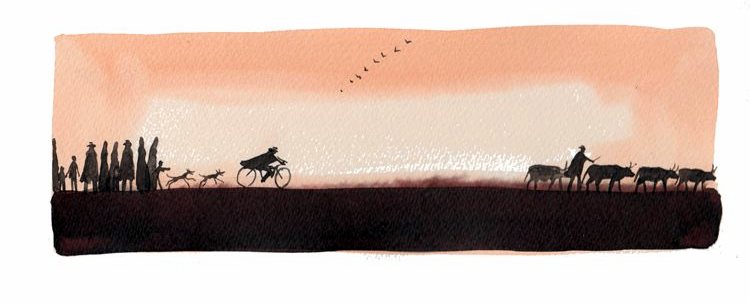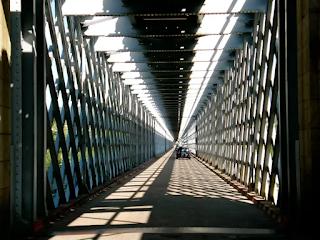I used to get Haywards Piccalilli but find it really difficult to get anymore - tastes change. I now make this a few times a year and it is superb. It is a complete faff to make and it won't be ready for more than a month. But I love it and I will be the God of sandwiches.
There are lots of recipes out there but I like the one from Pam the Jam in River Cottage. Remember to cut the vegetables into tiny pieces - about the size of a baby finger nail.
Inredients
1kg washed, peeled vegetables – cauliflower; green beans; cucumbers; carrots; small silver-skinned onions or shallots; peppers. You can substitute if you like. BTW - I scoop the watery 'core' out of the centre of the cucumber as it gets a bit mushy.
50g fine salt
30g cornflour
10g ground turmeric
10g English mustard powder
15g yellow mustard seeds
1 tsp crushed cumin seeds
1 tsp crushed coriander seeds
600ml cider vinegar
150g granulated sugar
50g honey
Place chopped vegetables in a large bowl and sprinkle with the salt. Mix well, cover the bowl with a tea towel and leave in a cool place for 24 hours, then rinse the veg with ice-cold water and drain thoroughly.
Blend the cornflour, turmeric, mustard powder, mustard seeds, cumin and coriander to a smooth paste with a little of the vinegar. Put the rest of the vinegar into a saucepan with the sugar and honey and bring to the boil.
Pour a little of the hot vinegar over the blended spice paste, stir well and return to the pan. Bring gently to the boil. Boil for 3–4 minutes to allow the spices to release their flavours into the thickening sauce.
Remove the pan from the heat and carefully fold the well-drained vegetables into the hot, spicy sauce. Pack the pickle into warm, sterilised jars and seal immediately with vinegar-proof lids. Leave (if you can) for 4–6 weeks before opening. Use within a year.





